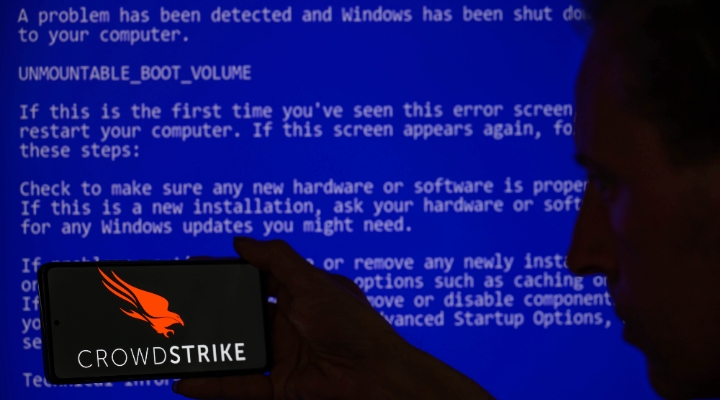All this week, Morningstar.co.uk will be bringing you a Guide to Investment Ideas for 2017; stock picks, market reactions and political forecasts from the investment professionals.
After several years of slowing growth concerns, China’s GDP growth last year stabilised hitting 6.7%. While this may be several points lower than in the heady days of double digit growth pre-global financial crisis, it is still the sort of economic expansion that the West can only dream of.
Alongside the threat of an economic hard landing, China’s rising debt ratios have worrying investors in recent years, as the level is well above emerging market peers and even exceeds that of developed nations.
Markus Stadlmann, chief investment officer of Lloyds Private Banking said that China had begun to address its biggest challenges; those of “bad debt and loss-making state-owned enterprises that suck up funding better allocated to efficient and competitive privately owned companies”.
Tom Wilson, head of emerging market equities for Schroders agreed, saying that the long-term risks of China’s overreliance on credit and lack of structural reform look to be manageable for now.
“The Chinese currency has weakened by around 5% year-to-date and together with capital controls this has alleviated depreciation pressure somewhat. However, US dollar strength risks putting the spotlight back on Chinese foreign exchange policy,” said Wilson.
“Emerging markets should benefit from well supported Chinese growth as policy is likely to ensure abundant liquidity provision ahead of the 19th National Congress of the Communist Party next autumn.”
How Dangerous are China Risks as we Enter 2017?
Morningstar View, by Dan Kemp
Within emerging markets, the Chinese economic slow-down is creating a predicament for investors. An ongoing slow-down in such an important economy could act as a significant drag on global growth in the short term, with global GDP estimated to grow at just 2.4% in 2016 and 2.8% in 2017 according to the World Bank.
A combination of slow growth and high debt levels can place stress on the financial system and should not be ignored. It is also worth remembering that China will have their 5-yearly Communist party congress in the latter half of 2017 which could add to geopolitical tensions if President-elect Trump continues with his anti-Chinese rhetoric.
On the other hand, emerging markets remain one of few asset classes that have attractive valuation characteristics. Whether China continues to grow at 5%, 6% or 7% is anyone’s guess and is largely immaterial to our thinking. The more important risk is a reduction in the return to shareholders of businesses exposed to the Chinese economy and whether our fair value calculations could be impaired.
When viewed from a fundamental perspective, it appears likely there will be sufficient growth in the returns shareholders receive over the long-term. Therefore, while these issues are something to take seriously, they do provide a large margin of safety at current prices and thus shouldn’t be disregarded. While it would be imprudent to allocate 100% of a portfolio to emerging markets, it would be equally imprudent to ignore the long-term opportunity. Regional allocations and risk analytics must play a strong role in the sizing of emerging market positions.



























